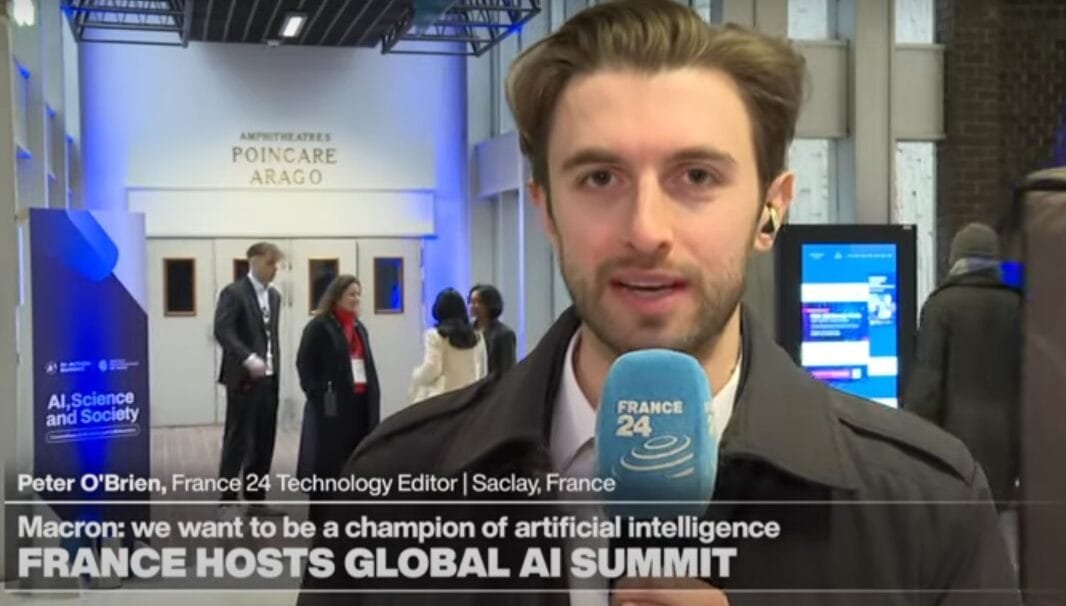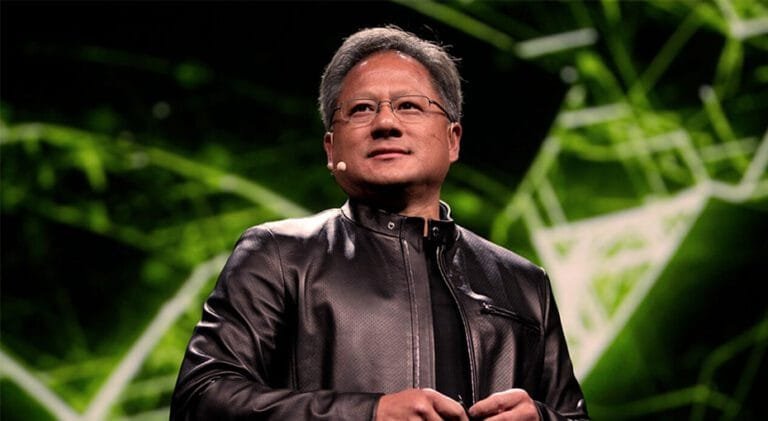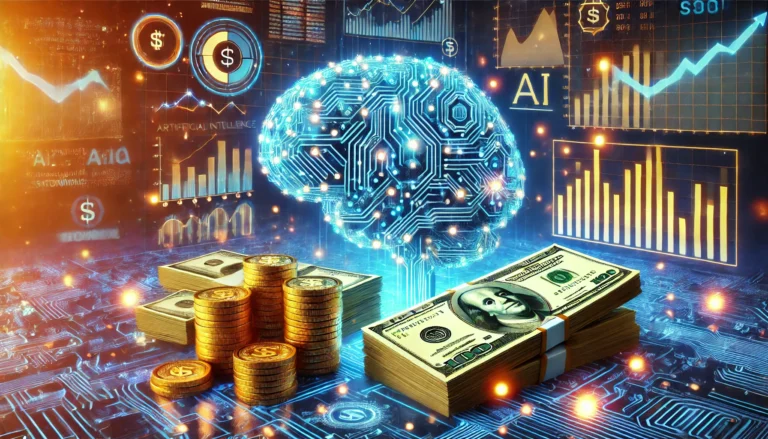A landmark international summit on artificial intelligence is currently underway at the historic Grand Palais in Paris, bringing together world leaders, top tech executives, and academics from approximately one hundred nations. The gathering, co-chaired by French President Emmanuel Macron and Indian Prime Minister Narendra Modi, represents a crucial moment in shaping the future of AI development and governance. This unprecedented meeting highlights the growing recognition of AI’s transformative potential across all sectors of society and the urgent need for coordinated international response to its challenges.
Shifting Global Dynamics in AI Development
In an interview with Le Parisien newspaper, President Macron emphasized the need for “greater economic and European patriotism” in artificial intelligence. The emergence of DeepSeek, a highly efficient Chinese AI model, has dramatically altered the global AI landscape, challenging the traditional dominance of U.S. tech giants like OpenAI and Google. Prof. Gina Neff from the University of Cambridge describes the current state of AI leadership as a “vacuum,” while Prof. Dame Wendy Hall from the University of Southampton notes that “we no longer have to follow the narrative dictated by Silicon Valley.” The presence of major tech leaders, including OpenAI CEO Sam Altman and Google’s Sundar Pichai, alongside the U.S. delegation led by Vice President JD Vance, demonstrates the high stakes involved in this global discussion. These developments have sparked intense debate about the future direction of AI development and the balance of power between major technological powers.
European Strategy and Infrastructure Development
European Commission President Ursula von der Leyen will present an ambitious plan including ten large public supercomputers dedicated to research and European startups. These facilities will operate on “95% carbon-free” electricity, demonstrating a commitment to sustainable technological progress. President Macron announced a substantial 4 billion euro investment plan through 2027, to be “complemented by increased private financing,” positioning France and Europe as significant players in the AI landscape. The French president stressed that “artificial intelligence will revolutionize how we work,” adding that “this gives us an opportunity to recreate the competitiveness and productivity of our industries, create new sectors, and rethink working hours and arrangements.” This investment strategy reflects Europe’s determination to establish itself as a major force in AI development, while maintaining its commitment to environmental sustainability and social responsibility.
Safety, Ethics, and Governance Challenges
The summit aims to address critical concerns about AI safety and governance through comprehensive discussions and policy frameworks. Prof. Geoffrey Hinton, known as one of the “Godfathers of AI,” warns about immediate risks such as misinformation, discrimination, and AI-controlled weapons. Prof. Max Tegmark, founder of the Future of Life Institute, emphasizes the broader challenge: “Either we develop AI that enhances humanity, or we create uncontrollable AI that replaces us.” To prevent AI from becoming a “wild west,” the summit will produce a declaration with strict principles for protecting rights, environment, information, and intellectual property. The International Criminal Court’s role in addressing ethical implications of AI development, particularly in cases of war crimes, misinformation, and automated decision-making that could impact human rights, has also emerged as a crucial topic of discussion.
International Collaboration and Competition
The summit highlights the complex interplay between collaboration and competition in AI development. President Macron posed the crucial question: “Are we ready to fight to be completely autonomous and independent, or do we let competition be reduced to a battle between the United States and China?” This challenge reflects the broader tensions between national interests and the need for international cooperation in AI development. The participation of India, represented by Prime Minister Modi, adds another dimension to the global AI landscape, suggesting a more multipolar future for AI development. The summit also addresses the challenge of balancing innovation with regulation, with Macron emphasizing that “we shouldn’t fear innovation” while acknowledging the risks of both under-regulation and excessive control.
The Paris summit, continuing until Tuesday, represents a pivotal moment in defining the global approach to artificial intelligence development and regulation. As President Macron stated, “All this represents the continent of innovation. We must embrace and integrate it with confidence because it allows us to perform better and live better.” The outcomes of this gathering will likely influence the trajectory of AI development for decades to come, shaping not only technological advancement but also the geopolitical landscape of the future. With deepening tensions between AI superpowers and calls for stricter safety regulations, the summit serves as a crucial platform for establishing common ground and fostering international cooperation in the rapidly evolving field of artificial intelligence.
Source and more info: www.elysee.fr




